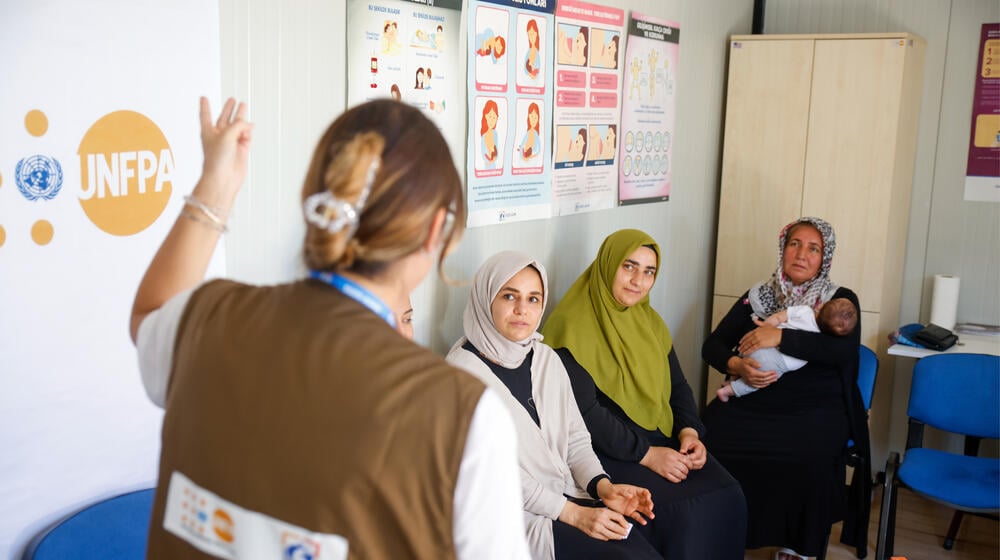Access to contraception is a human right.
It furthers the health and well-being not just of women and girls but of their families and societies. Yet around the world, escalating inequality – tied to factors including race, displacement, education, and income – makes accessing contraceptives more difficult for millions of people, particularly women and girls.
Every individual must be guaranteed the freedom to protect their reproductive health and to plan their family. Access to contraception is essential to bodily autonomy and to achieving one’s full potential; it helps reduce adolescent births, prevent maternal deaths and further gender equality.
With this in mind, our theme for World Contraception Day this year is: “A choice for all. Freedom to plan, power to choose.”
There is much to be done. While many countries have increased spending on contraceptives, there’s a growing gap in funding for contraceptives globally – a gap that will reach at least $1.5 billion in low-income and middle-income countries by 2030.
It’s a shortfall that could have devastating repercussions for women and girls.
Currently, nearly 257 million women worldwide – most of whom live in low-income and middle-income countries – have an unmet need for modern contraception, which increases their vulnerability to sexually transmitted infections such as HIV, as well as to unintended pregnancy, unsafe abortion and preventable maternal death.
We cannot allow women to die due to a lack of access to contraception. We must provide them with what they need to stay safe and to defend their sexual and reproductive health, including in times of crisis and displacement, when their vulnerabilities are heightened.
It can make a profound difference: Research suggests that meeting the unmet need for contraception could avert more than half of maternal deaths by reducing higher-risk pregnancies, by increasing the spacing between births and by decreasing the likelihood of unsafe abortions.
“Healthy families are created by choice, not by chance,” the late Dr. Nafis Sadik, former UNFPA executive director, said at the International Conference on Population and Development in Cairo three decades ago. At that landmark event, world leaders affirmed the Programme of Action that recognized reproductive health and rights – including voluntary family planning – as foundational to development.
Indeed, we must invest in women’s and girls’ freedom to plan their own futures. The world’s peace and prosperity depend on it.




